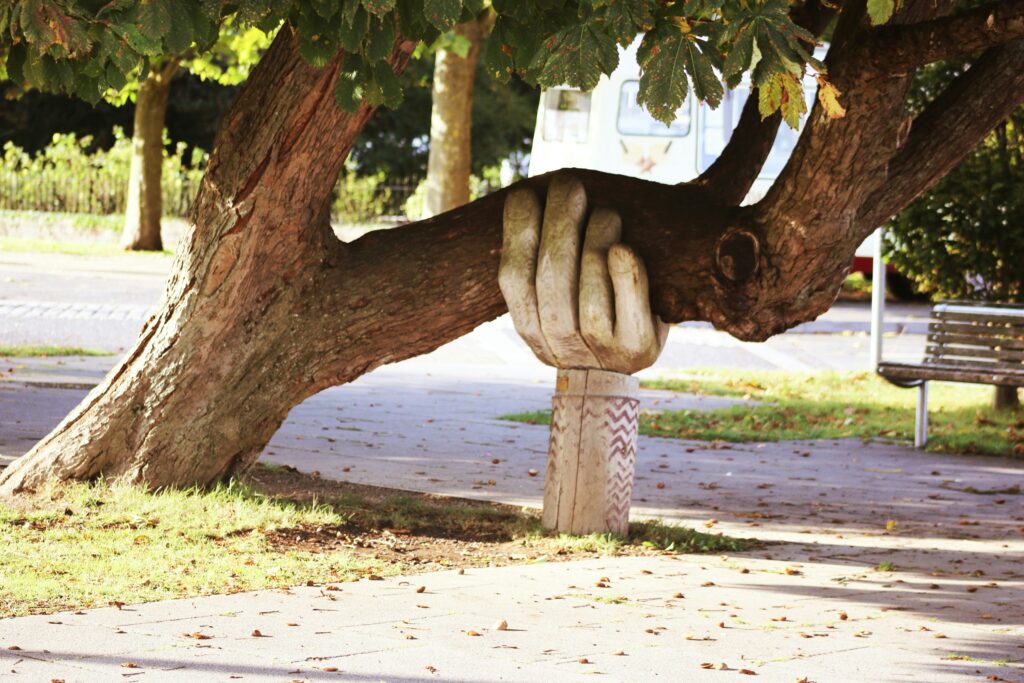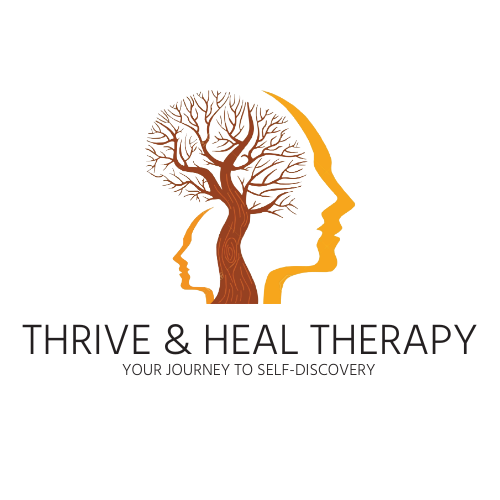How Relationships Impact Mental Health: The Good, The Bad, and The Impactful
Ah, relationships! They’re the spice of life, right? At the same time, though, they are most definitely a two-edged sword. Of course, they can do as much harm to our mental health as anything else. How do the relationships we value and cling onto, gripping hard or grimly, impact our emotional well-being?
The Positive Side: Healthy Relationship Advantages
Healthy relationships can give you so much support and joy. Here’s how:
Emotional Support and Stability
Having someone to be supportive of in times of need is so invaluable. Supportive relationships provide a safety net that can help you navigate life’s challenges, reducing feelings of stress and anxiety.
Whether it is a partner, friend, or family member, knowing someone has your back can make a big difference in facing difficulties.
More happiness and satisfaction in life
It’s through the positive interactions that improve our mood, hence boosting our happiness. Pleasurable moments shared among our loved ones raise life satisfaction and create memorable experiences.
Research has demonstrated that those with good social support are usually happier and have a high life quality.

Encouragement and Motivation
Healthy relationships can encourage us to pursue our goals and dreams. When others believe in us, it inspires us to believe in ourselves, empowering us to take on new challenges and overcome them.
A supportive partner or friend can be your biggest cheerleader, urging you to reach your full potential.
The Negative Side: Challenges of Toxic Relationships
On the other hand, however, not all relationships are beneficial. There are those that will severely ail mental health—these are called toxic relationships.
Increased Stress and Anxiety
Regular fighting, criticism, or unsupportive behavior tends to create chronic stress and anxiety in your life— a toxic relationship often builds a climate of hypervigilance.
If you consistently walk away from an interaction with the person and feel drained or anxious, this could be a warning sign of a toxic relationship.

Lower Self-Esteem
People who put you down or undermine you can be mentally scarring to your self-esteem. Constant negative interactions wear away at one’s confidence and self-worth over time.
Isolation and Loneliness
Strangely, these relationships make you lonely in a room full of people. This can, in turn, cause one to experience depressive and lonesome episodes.
Being in search of life’s meaning and looking forward to genuine relationships, do the people in your environment uplift you or do they make you feel lonely?
Balancing Act: Building Resilient Relationships
The key to capitalization upon relationships is in nurturing the best while maintaining consequences for toxic relationships. Here’s how you can strike a balance:
Communicate Openly
Effective communication is important in any healthy relationship. Communicate clearly with the people you care about, and listen in the same way.
Have Boundaries
Do not be scared to set boundaries for the sake of protecting your mental health. You must let your limits be known in order to keep healthy dynamics.
Seek Support
If you are dealing with a toxic relationship, contact a mental health therapist. They can help you manage difficult interactions or situations.

Quality Over Quantity
It does not have to be about big friendship circles but about relations. Spend time investing in the relations that actually mean something to you.
In summary, relationships have consequences on one’s mental health, either negative or positive. When we understand the magnitude each has on one’s life, we are in a position to make conscious decisions on the enhancement of relationships that will blossom and bump away from those blooming otherwise.






